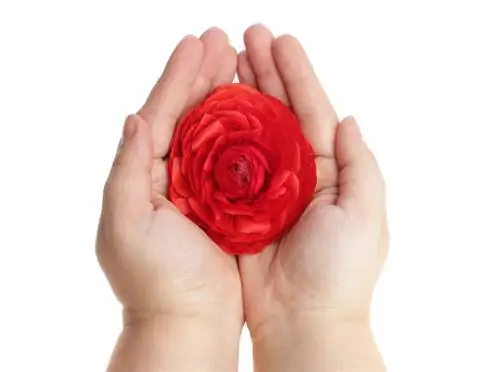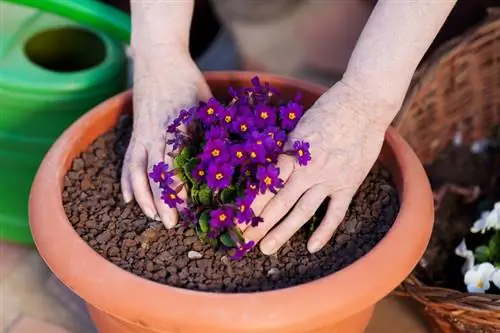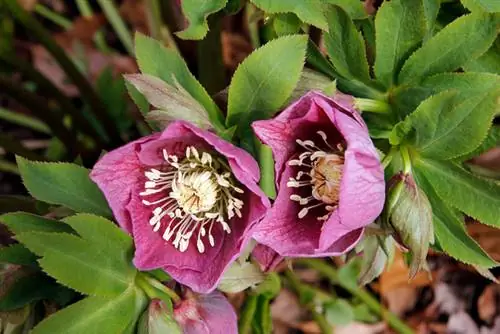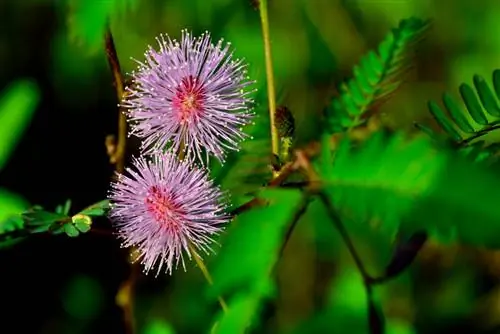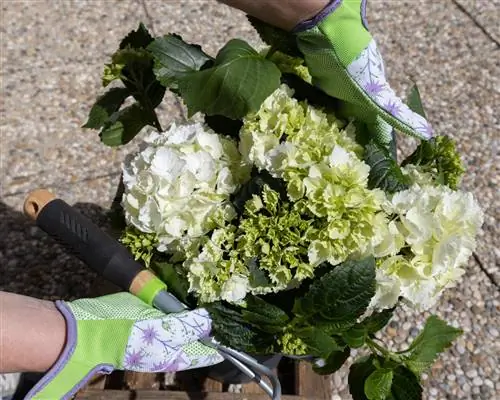- Author admin leonars@hobbygardeners.com.
- Public 2023-12-16 16:46.
- Last modified 2025-06-01 06:02.
Charming colors and shapes - simply impressive flowers that adorn the ranunculus and make them something special. But the delicate external appearance is deceptive. These seemingly harmless plants are poisonous.
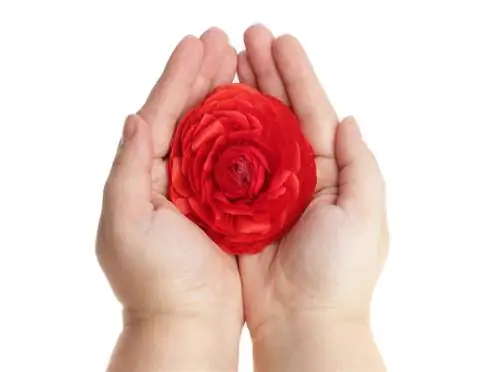
Are ranunculus poisonous?
Ranunculus are poisonous in all their parts as they contain toxins that can cause symptoms of poisoning such as nausea, vomiting, diarrhea and cramps. Particular care should be taken with pets such as cats and dogs, which are more susceptible to poisoning.
All species are poisonous - typical symptoms of poisoning
All types of ranunculus are poisonous. Both the leaves, flowers and tuber contain toxins that can cause harm to the body. Therefore, do not be misled by the face that reminds you of roses!
Anyone who has eaten some leaves, flowers or part of the tuber may have symptoms of poisoning. The body tries to get rid of the toxins and help itself. The following symptoms may occur:
- Nausea
- Vomiting
- Diarrhea
- increased salivation
- Gastrointestinal cramps
- Trembling
- Headache
- Sweating
- Fainting
- Bleeding
Sensitive skin? Then it's better to wear gloves
If you have sensitive skin and are prone to eczema, you should wear gloves (€9.00 on Amazon) when cutting the ranunculus as a precaution. The plant parts and especially the plant sap can cause irritation and rashes on the skin.
Also a medicinal plant
It is often forgotten that ranunculus are not only beautiful poisonous plants, but also medicinal plants. But this should not be an appeal to harvest the plant and use it medicinally in your own four walls. This belongs in the hands of professionals! Just this much: When dried and prepared, ranunculus can help with rheumatism, arthritis and skin diseases.
Tip
The chance of you getting poisoned by the ranunculus is relatively low. However, there is an increased risk for pets such as cats and dogs. It is therefore best to place the plant out of their reach!

